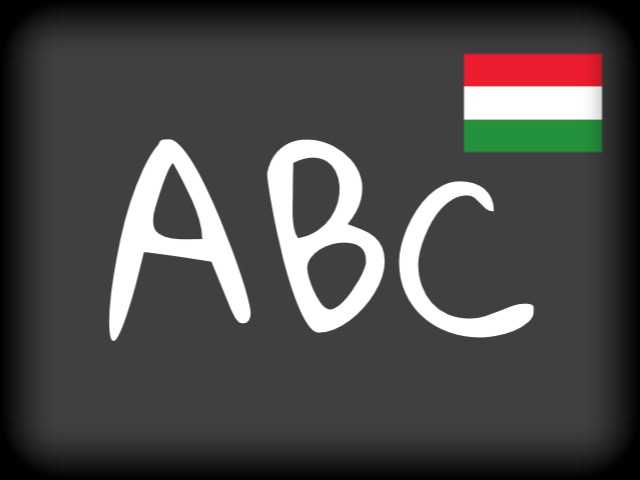
Do you know how many letters are in the hungarian alphabet? The foreigners always answer: "a lot".
The truth is: there are 44 letters, vowels and consonants all together.
Vowels: aá eé ií oó öő uú üű
The vowels can short or long. The long vowels always have accent and you must say them longer.
a - alma (apple) similar to english wash
á - lát (see) similar to English father
e -egy (one) similar to English well
é - ég (sky) similar to English cake
i - idő (time) similar to English bee
í -híd (bridge) – similar to English feed
o - orvos (doctor) – similar to English row
ó - óra (hour) similar to English more
ö - öt (five) similar to English fur
ő - őz (deer) similar to English sir
u - fut (run) similar to English good
ú - út (road) – similar to English move
ü - ül (sit) similar to German Rück
ű - tűz (fire) similar to German Übergang
Consonants
b, c, cs, d, dz, dzs, f, g, gy, h, j, k, l, ly, m, n, ny, p, q, r, s, sz, t, ty, v, w, x, y, z, zs
b - same as English
c - cica (cat) similar to ts, as in cats
cs - csiga (snail) similar to English check
d - same as English
dz - edző (coach)there is no word which starts with this letter. Try to say together d +z
dzs - dzsungel (jungle) similar to English jungle
f - fej (head) same as English
g - gomb (buttom) similar to gold
gy - gyár (factory) no English equivilent, similar adjulation.
h - hó (snow) same as English
j - jó (good) similar to yes
k - kő (stone) same as English
ly - lyuk (hole) same the "j"
m - mama (mom) same as English
n - nő (woman) same as English
ny - nyúl (rabbit) similar to onion
p - papa (daddy) same as English
q - only used in foreign words!
r - róka (fox) same as English but you must rolled more!
s - sál (scarf) similar to shower
sz - sziget (island) similar to sound
t - tó (lake) same as English
ty - tyúk (hen) similar to tune
v - virág (flower) same as English
w -only used in foreign words!
x - only used in foreign words!
y - only used in foreign words or with other letters such as ly, ny, gy ect.
z - zár (he is closing) same as English
zs - zseb (pocket) similar to English genre
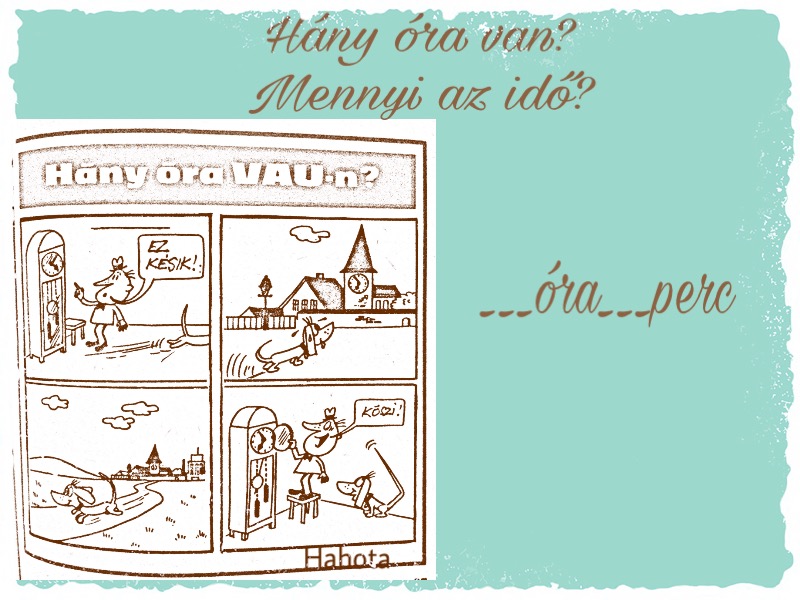
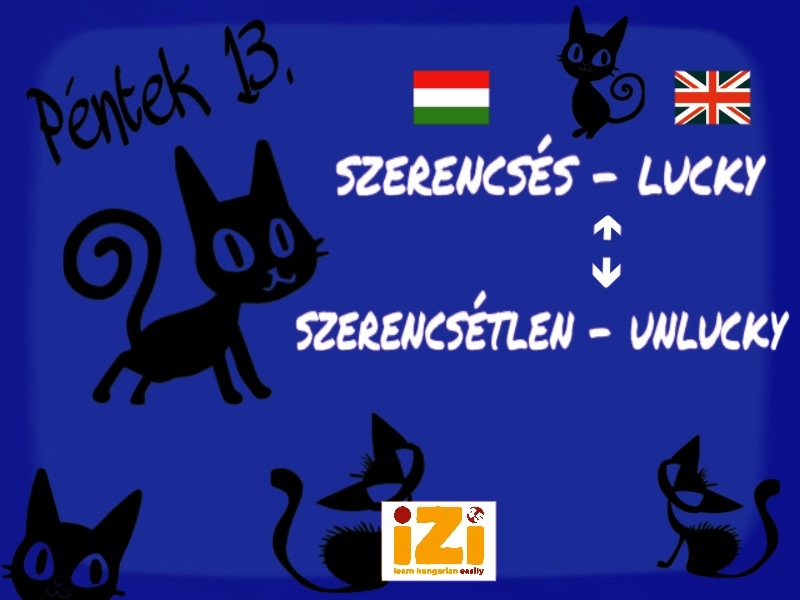
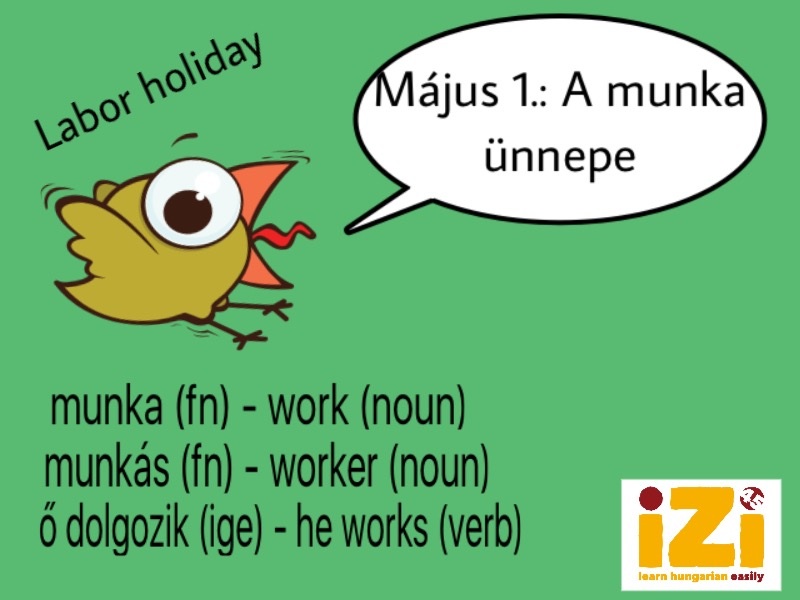
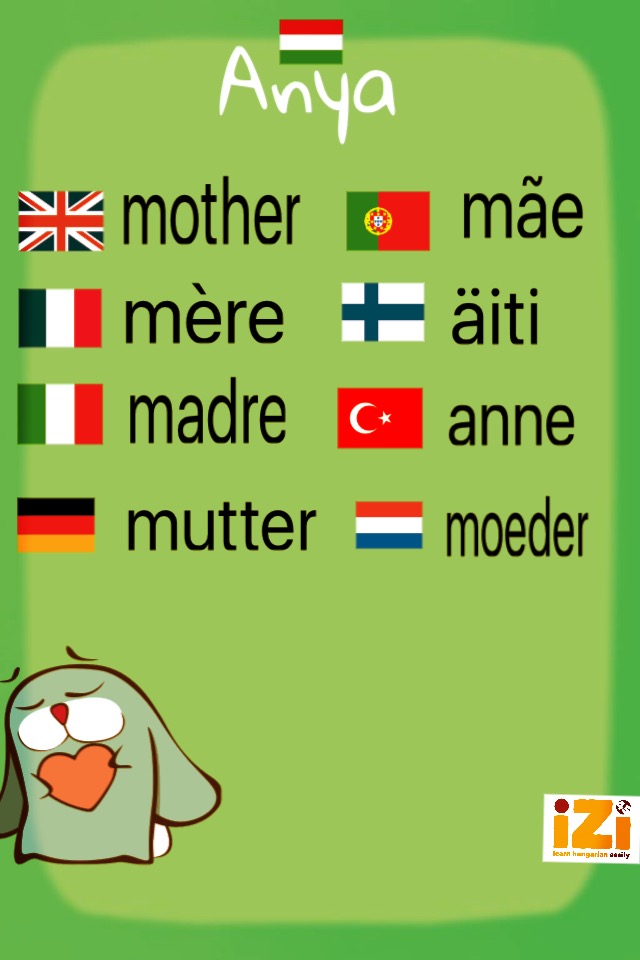

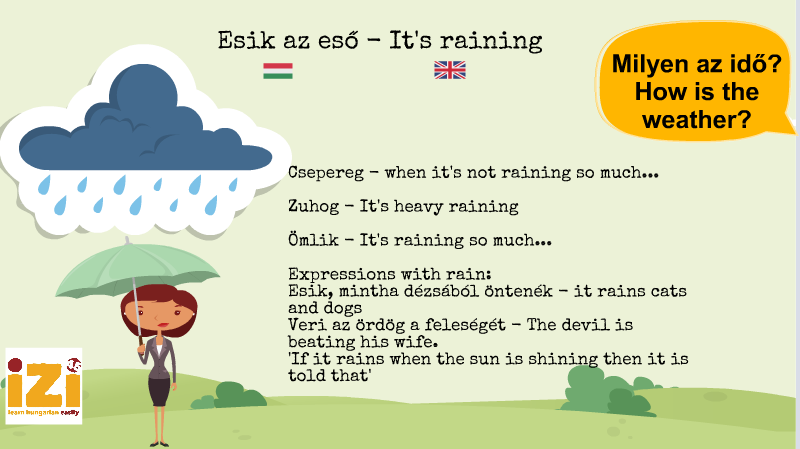
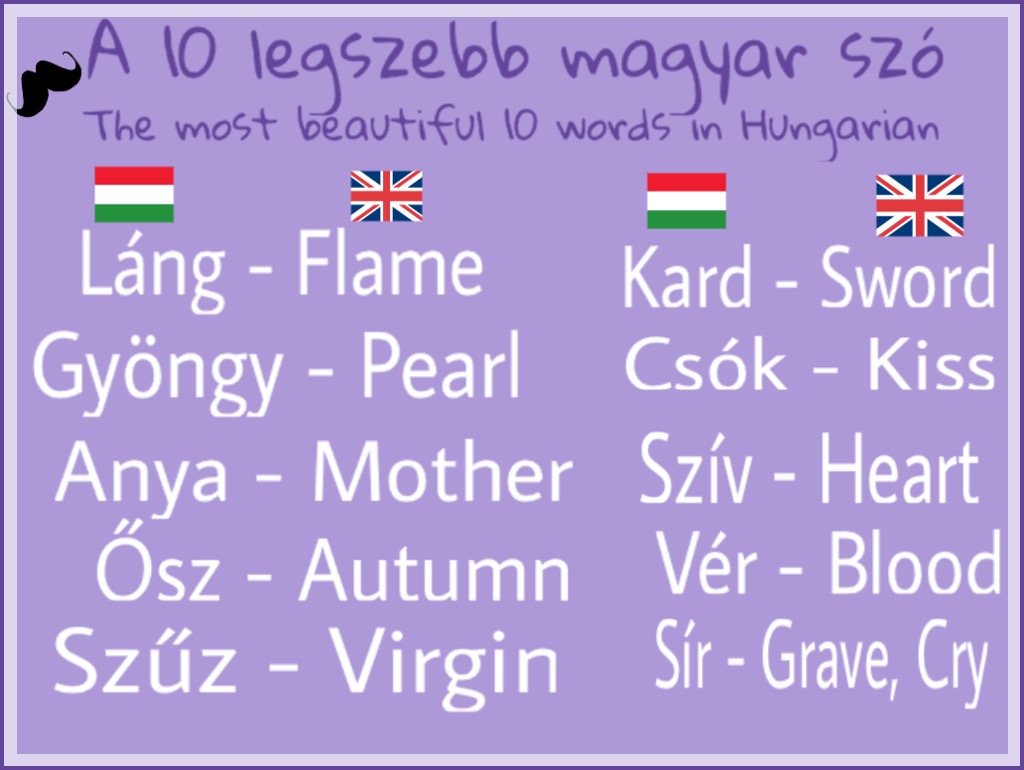 What are the most beautiful ten words in Hungarian? Can we really make a list? According to Dezső Kosztolányi, who was a Hungarian writer, he had his own list:
What are the most beautiful ten words in Hungarian? Can we really make a list? According to Dezső Kosztolányi, who was a Hungarian writer, he had his own list: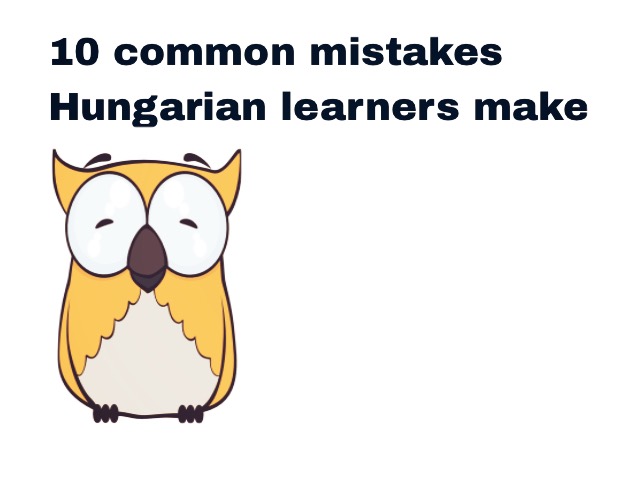 1. Very often the students don't pay attention of the vowel harmony rule. To memorize the back and the front vowels there is a trick: memorize that word AUTÓ. This word contains the back vowels. The short and the long vowels are in the same group. Memorize the word TENISZÜTŐ. This word contains the front vowels.
1. Very often the students don't pay attention of the vowel harmony rule. To memorize the back and the front vowels there is a trick: memorize that word AUTÓ. This word contains the back vowels. The short and the long vowels are in the same group. Memorize the word TENISZÜTŐ. This word contains the front vowels.